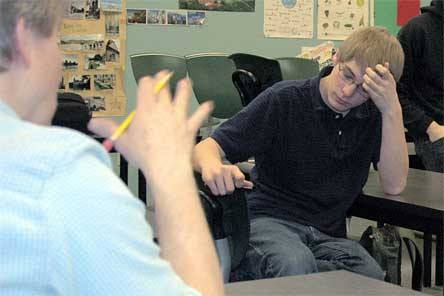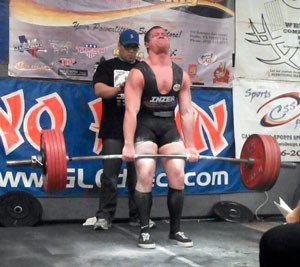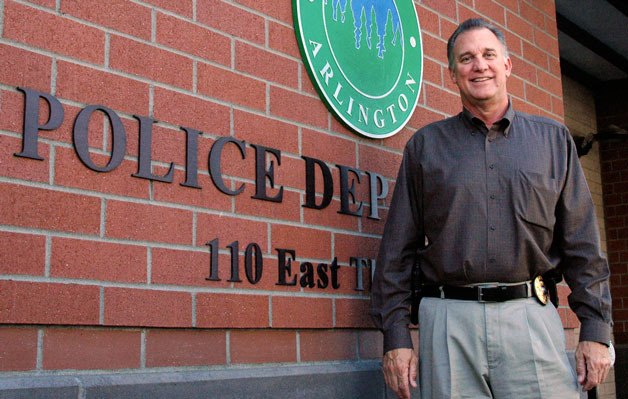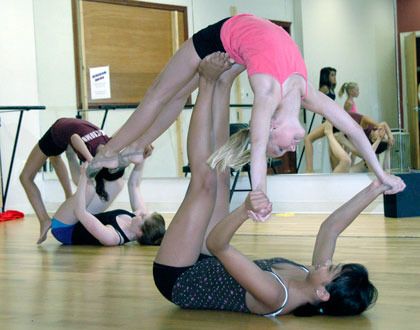ARLINGTON — The practice questions begin as soon as students trickle into Arlington High School teacher Ben Mendro’s room.
What’s the capital of Bulgaria? Sofia. What borders Bulgaria to the north? Romania.
The questions get tougher — and more abstract — but the diversity and quantity of questions don’t phase Ryan Jones.
“We all have our favorites and preferences of categories,” said Jones, a senior. “I feel best about art history. For some reason I get it easier.”
Jones is one of nine Arlington students who take part in the school’s Hi-Q team. Hi-Q requires participating teams to be familiar with the content in 14 standard high school courses and be able to answer questions based on those subjects.
But studying facts on American government, mathematics and world history isn’t the entire equation — those groups of students compete against one another in Hi-Q competitions.
During those events, individual teams take turns being asked a series of questions about those relevant subjects. Points are awarded for correct answers and the team with the most points at the end of each competition wins.
There are also toss up questions in which all the teams have a chance to buzz in, Mendro said.
“It’s very competitive and they all get really hyped during the matches,” said Mendro, who has been an adviser and coach for the high school during his entire 19-year career at Arlington High School. “We all get nervous and hope that we get the questions that we want.”
Eighteen Snohomish County schools take part in Hi-Q competitions, which are coordinated locally by Everett Community College. Those teams make up three divisions, and each team competes in three events during the regular season.
Arlington’s next match is March 9 at Jackson High School, and the semi-finals will happen on March 20 at Everett Community College.
So far, Arlington is tied with Stanwood for first place in its division and in league competition. It’s racked up 84 points in two matches combined, including a league-high 51 points during its first contest of the year in January.
The team’s success isn’t that surprising — Arlington took home first place during the 2008 season and placed second last year.
“We’ve been really successful,” Mendro said. “Most of our kids are also taking difficult classes, so I’m very appreciative of their effort. We ask a lot of them.”
Linda Summers, regional Hi-Q coordinator for Everett Community College, said that she’s amazed at the attention to detail demonstrated by students involved in Hi-Q competitions.
“The thing I love is the poise that these students have on stage,” Summers said. “They’re thinking and they’re solving math problem on stage — that’s tough to do.”
Students in the club begin practicing about two times per week after school after being selected for the team in September. Their efforts ramp up in December and January as the Hi-Q competitions begin.
In order to be successful, students typically specialize in certain topics that interest them, said sophomore Bob Kephart, who is taking part in Hi-Q for the first time this year.
Group meetings usually consist of Mendro and co-adviser Jane Joselow asking questions in rapid succession to the students. During a recent practice, topics ranged from the life of Napoleon Bonaparte to the U.S. Bill of Rights.
Mendro and Joselow took turns asking questions from a list of items that could potentially show up during competition.
Facts and dates come from a pre-selected list of textbook chapters, print magazines and other media materials — in other words, students have a general idea of what types of questions might show up, Mendro said.
During an hour-long study session, hundreds of questions could be posed to the students.
Practice may make perfect, but working as a team is also crucial most important factor, Kephart said.
“We all have to work together to know that everybody knows everything,” he said.







